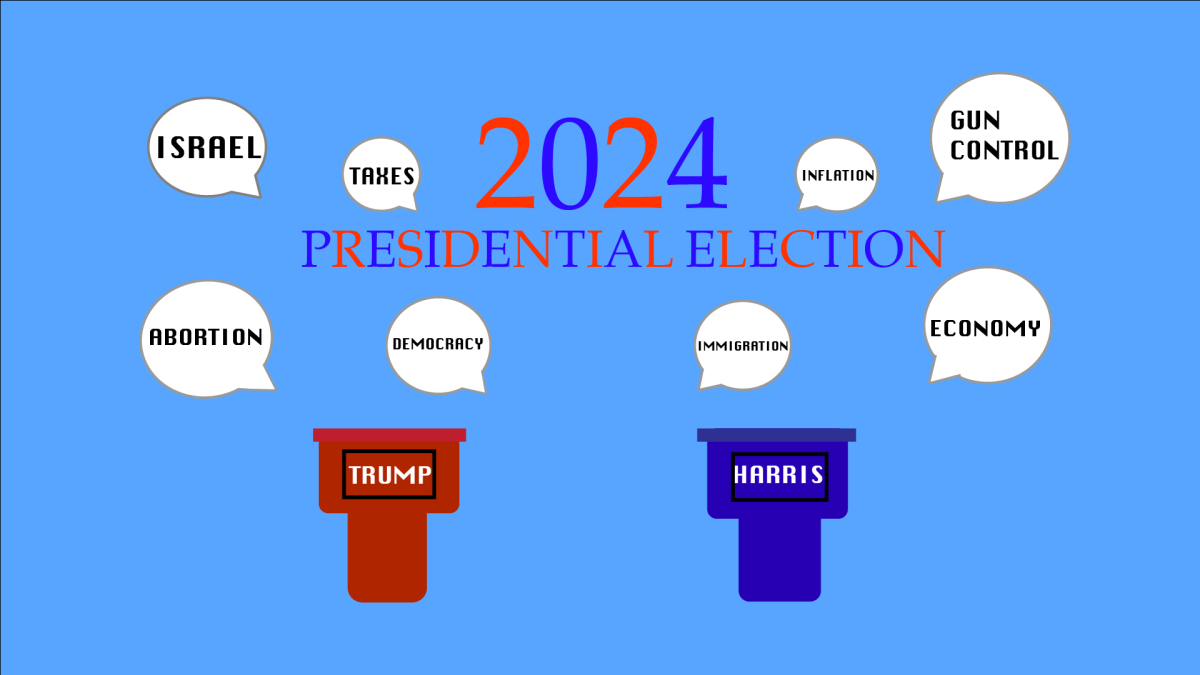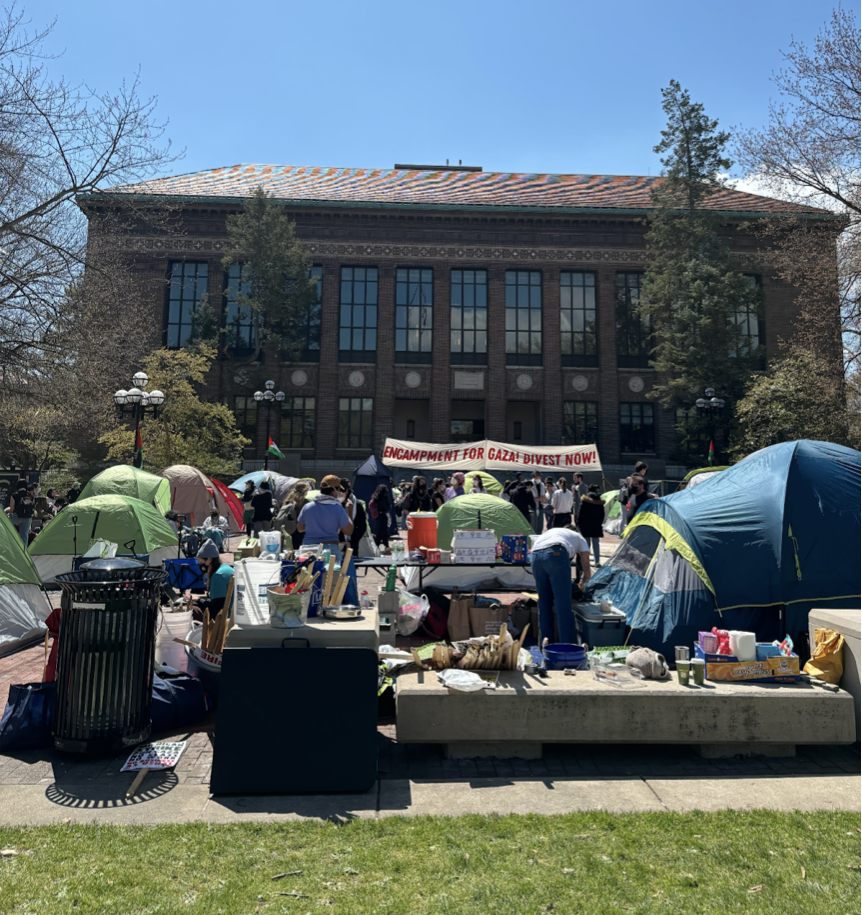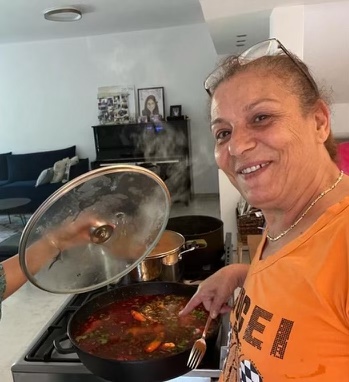This year, it’s the attack of the 30’s at the polling booth. Propositions 30 through 40 are on the California ballot Nov. 6, putting issues that the state Legislature couldn’t resolve to a public referendum at the same time voters cast their votes for President of the United States.
Out of the 11, propositions 30, 34 and 37 have challenged the voters with particular moral dilemmas. Prop. 30 asks people to choose whether to impose tax increases, mostly on the upper class. Proposition 34 offers the chance to abolish the death penalty, which Californians originally implemented by another proposition, Prop. 17 in 1972.
And Prop. 37 addresses a quandary that is entirely new – the complex issues that arise when companies produce genetically engineered food. If it passes, companies would be required to label products that contain anything that is genetically enhanced, although some kinds of genetically enhanced foods, including meat, would be exempt.
Amid the noise of non-stop campaign ads, voters may not notice the complexity of these decisions in time to think deeply about them, and research shows that when confused, many just vote “no.” But even if you can’t vote, knowing something about the propositions will give you something to think about – not to mention something else to watch on Election Night as the returns come in.
Proposition 30
Sponsored by Governor Jerry Brown, Prop. 30 would raise the California sales tax from 7.25 to 7.5 percent and increase the income tax for individuals who earn $250,000 or more. The point would be to increase revenue $6 billion a year and save the state from having to make even harsher, more severe cuts from services and education than it has made so far.
“If we don’t pass this thing, tuition is going to go up no question about it,” Gov. Brown told a conference of student journalists from California State University campuses Oct. 30. “If we do pass it, not only will tuition will (be) held down this year and next year, I’ll try beyond that, and you will also get a rebate.”
There would be three tiers of income tax increase. For those earning an annual income of $250,000, the California income tax rate would increase from 9.3 percent to 10.3 percent. People whose salary is $300,000 or more would have a tax rate of 11.3 percent.
A salary of $500,000 or more would result in a 12.3 percent tax rate if Proposition 30 passes, and people earning $1 million or more annually would have a tax rate of 13.3 percent.
If this bill fails, a series of cuts to schools will go into effect and $5.5 billion will be taken out of schools’ budget. More classes will be cut at community colleges, and K-12 public schools will see their shortened by three weeks.
Math and science teacher Chris Buckley is opposed to Proposition 30, stating he is against any kind of tax increases for California.
“The combination of all taxes placed on Californians already makes us one of the highest states in the nation,” said Mr. Buckley. “High taxes makes us an unattractive climate for business. Trying to target it towards education in specific is never going to change anything.”
English department chair Melanie Berkey disagrees.
What’s more important – the business climate or schools? The state’s bank accounts, or voters’ bank accounts, or education, parks, prisons, fire and police? That will be decided in the voting booth.
Proposition 34
Prop. 34 offers Californians the chance to abolish the death penalty. If it passes, all death row convicts’ sentences would be changed to life imprisonment without the possibility of parole. What could be more of a moral dilemma than that?
Californians who support Prop. 34 argue that the death sentence is immoral and government should not have the power to terminate life. Others argue that the death penalty should be abolished for pragmatic reasons, saying it creates an unnecessary expense for the government because of the lengthy, costly and automatic judicial appeals that prisoners are given while they wait.
Those who oppose Prop. 34 may not perceive the death penalty as unscrupulous and believe government should be permitted to end the lives of egregious criminals. Others argue that there may be less of a deterrent against crimes if the death penalty was repealed.
Still others argue that Prop. 34 is necessary to outlaw a practice that statistics show unfairly targets people of color, who make up a disproportionate number of the executed.
But very few ads or discussions address the basic question of whether it’s right, or appropriate, to take the life of someone who’s been proven to have committed murder.
Proposition 37
Prop. 37 seeks to require food companies to label food that is genetically engineered or enhanced.
In genetically engineered food, the producer has taken certain genes from one plant or animal and inserted them into a different animal or plant to give the new plant desirable characteristics – for example, to make them grow faster, survive in harsher weather conditions or repel bugs. Soy and corn are examples of foods that are genetically enhanced today.
Passage of this proposition would also prohibit companies from labeling genetically engineered food as “natural.”
Agriculture companies worry that their sales will plummet if this proposition passes, because people won’t want to buy food if they know it is genetically enhanced. Some may be worried about unhealthful effects, while others worry that “monster” plants or animals might be created that would disturb the environment.
Faced with consumer disapproval, the argument goes, food companies will modify their ingredients to avoid anything genetically enhanced – thus drying up the market for it and making it bad business to grow it. That’s exactly the goal of Prop. 37.
At the same time, reducing crop yields by taking genetically enhanced products off the market could make many kinds of food more expensive because of lower supply.
Others have complained that because the proposition makes certain genetically altered foods exempt from labeling, that it’s potentially misleading to consumers, who will begin to assume that anything not labeled as genetically engineered isn’t, even though it is.
However, supporters of Prop. 34 believe that people should be making informed decisions about the kind of food they eat, especially if it’s been genetically modified. Although scientists haven’t proven there are harmful effects of genetically modified food, supporters expect just such proof in coming years.
Biology teacher Sean Kangataran says he supports Prop. 34 because he thinks the public should be aware of what they’re consuming.
“I am definitely for there being a requirement to label products that have been genetically engineered,” Mr. Kangataran said. “Health-conscious people won’t buy things if genetically engineered.”
Senior Jacob Ellenhorn is against Prop. 34, citing the lack of scientific evidence that proves genetic engineering to be detrimental to people’s health.
“It would add a huge cost onto farmers and is not something that is necessary,” said Jacob. “It’s going to raise food costs for people and the people that will feel the pinch are working class Californians who buy food…and food prices are the most expensive they have ever been.”
Californians often criticize the proposition system, saying legislatures and not the public should make the laws. But one thing they do is give voters a chance to take a stand purely on an issue, not a face or a party. Whichever way they go, the decisions made on these measures will have statewide consequences – consequences that may last quite a bit longer than the term of whoever wins the presidential race.
Related: EDITORIAL: YES ON PROP. 30
Related: EDITORIAL: NO ON PROP. 34






